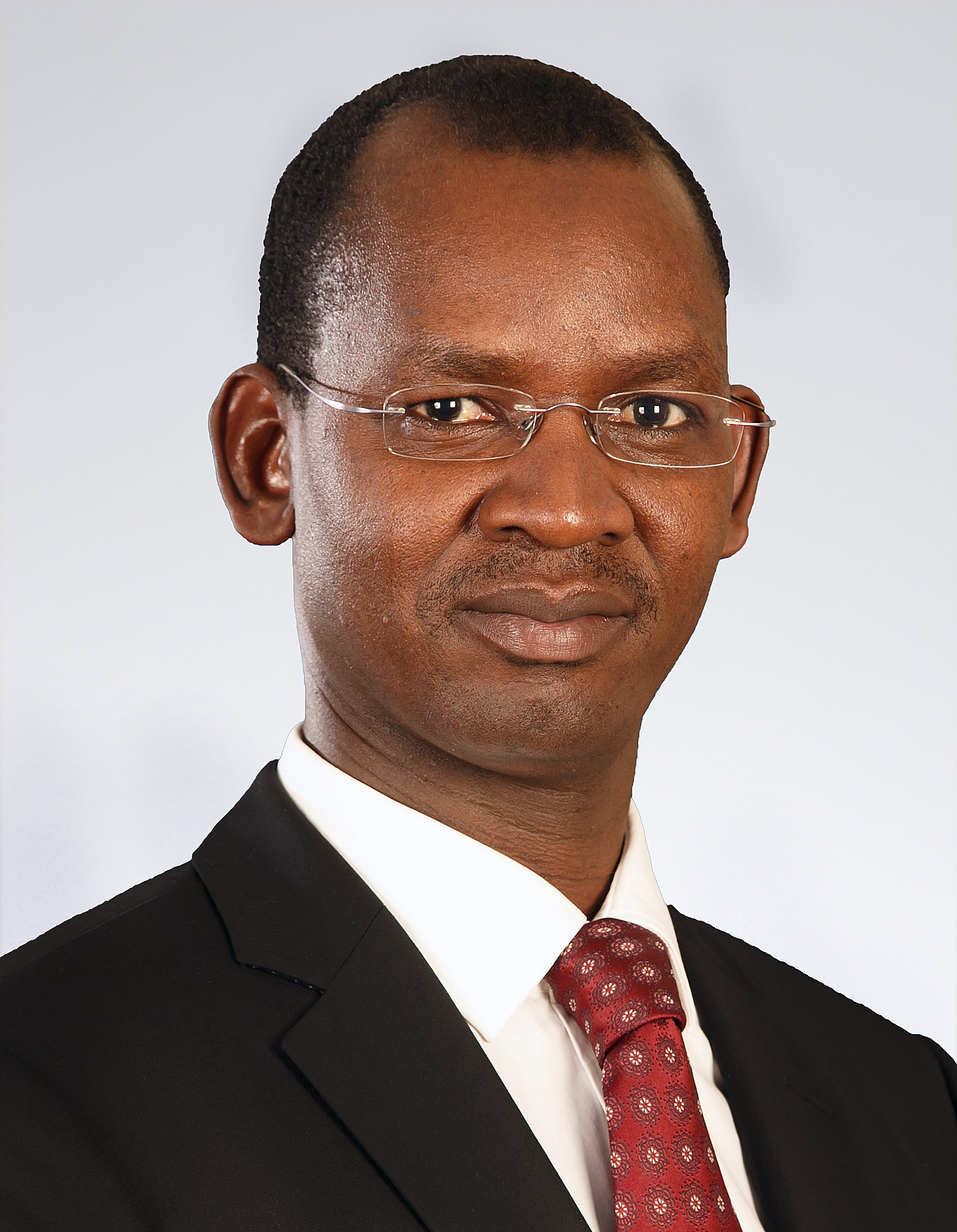
Bii puts executives on performance contracts
Governor Bii stressed that integrity would be the hallmark of his administration.
According to KPMG, 98 per cent of executives expect business expansion over the next three years.
In Summary

Audio By Vocalize
 Benson Ndung’u, KPMG East Africa CEO/HANDOUT
Benson Ndung’u, KPMG East Africa CEO/HANDOUT
Despite global
economic uncertainty and geopolitical tensions, African CEOs are optimistic
about their own organisations’ growth prospects this year compared to the past four years.
The KPMG 2025
Africa CEO Outlook Survey released on Wednesday shows that 78 per cent of 130
captains of industry sampled from all regions in the continent exuded strong
business confidence, up by more than 12 per cent year on year.
According to the
report, 98 per cent of them expect business expansion over the next three years.
"This year’s
results reflect a confident and pragmatic leadership mindset across the
continent. African CEOs are not only adapting to global challenges but are
actively investing in the future through AI, talent, and sustainable growth
strategies,’’ KPMG South Africa and CEO
KPMG One Africa, Ignatius Sehoole said.
The survey, which is in its 11th year, also indicated a
surging appetite for mergers and acquisitions on the continent, with 86 per cent of African CEOs likely to pursue acquisitions
in the next three years, up from 77 per cent last year.
Confidence in
domestic economies is also rising, with 63 per cent of African CEOs expressing
optimism about their country’s growth prospects, up from 61 per cent in 2024.
The annual report reveals that African CEOs are facing the same global forces, technological disruption, inflationary pressure, and geopolitical tension.
Even so, they
identified three pressing challenges to doing business in Africa, including:
integrating AI into core operations (32 per cent), managing regulatory
pressures (25 per cent), and strengthening cybersecurity (24 per cent).
However, they are turning these headwinds into
catalysts for transformation, where 72 per cent have adjusted their growth
strategies to deal with market challenges, resulting in a continent where
optimism is returning, strategy is converging, and leadership is being
redefined.
Artificial Intelligence has emerged as
the top strategic priority for African CEOs heading into 2026.
The report shows
that 71 per cent of top executives are investing in AI to drive operational efficiency and long-term resilience, with 26 percent planning to allocate more than 20 per cent of their annual budget to AI. This is nearly double the global
average of 14 per cent.
This high level
of investment by African CEOs, despite declining economic optimism, reflects a
shift in mindset where African CEOs in West Africa (65 per cent), East Africa
(40 per cent) and Southern Africa (38 per cent) all view AI not only as a tool
for future growth, but as an immediate lever for operational efficiency.
Even so, infrastructure
gaps complicate the progress of technology and AI adoption in Africa, as many
African organisations continue to face unreliable power supply, limited
broadband connectivity, and outdated computing systems that restrict the use of
data-intensive AI solutions.
Similarly, 96 per cent cite data readiness as a challenge, underscoring the need for local
data curation and infrastructure investment.
African leaders
are taking a pragmatic step forward, with cybersecurity and digital resilience
investment topping the list (45 per cent), followed by AI integration across
workflows (40 per cent), and 34 per cent investing in immediate, scalable
technology and solution innovation.
"To deploy
and scale AI, African organisations are faced with three options: build, buy, or
partner. Each organisation must weigh the pros and cons of building, buying, or
partnering for AI solutions,’’ says Joelene
Pierce, CEO Designate of KPMG South Africa.
Yet, across the
three regions, few CEOs show concern about the risks from quantum computing on
encryption, with concern about risk ranging from 14 per cent in West Africa, 22
per cent in Southern Africa, and 35 per cent in East Africa.
Experts say that
these low numbers signal a critical vulnerability at a time when African
economies are deepening their reliance on digital systems and cross-border data
exchange.
East Africa CEOs
are leading the way when it comes to hiring new talent with AI and tech
capabilities (62 per cent), whereas Southern Africa is placing a similar focus
across these three areas.
Furthermore, the report shows that African
CEOs remain committed to ESG goals, despite regulatory complexity, with 79 per
cent showing confidence in their ability to navigate ESG regulations across
markets.
Even though 51
per cent prioritise compliance and reporting standards to meet investor and
regulatory demands, they are significantly behind global CEOs (77 per cent).
"CEOs worldwide, including those in Africa, continue to recognise
the importance of ESG within their organisations and are implementing diverse
strategies for sustainability in response to evolving market demands,” says KPMG East Africa CEO, Benson Ndung’u.

Governor Bii stressed that integrity would be the hallmark of his administration.